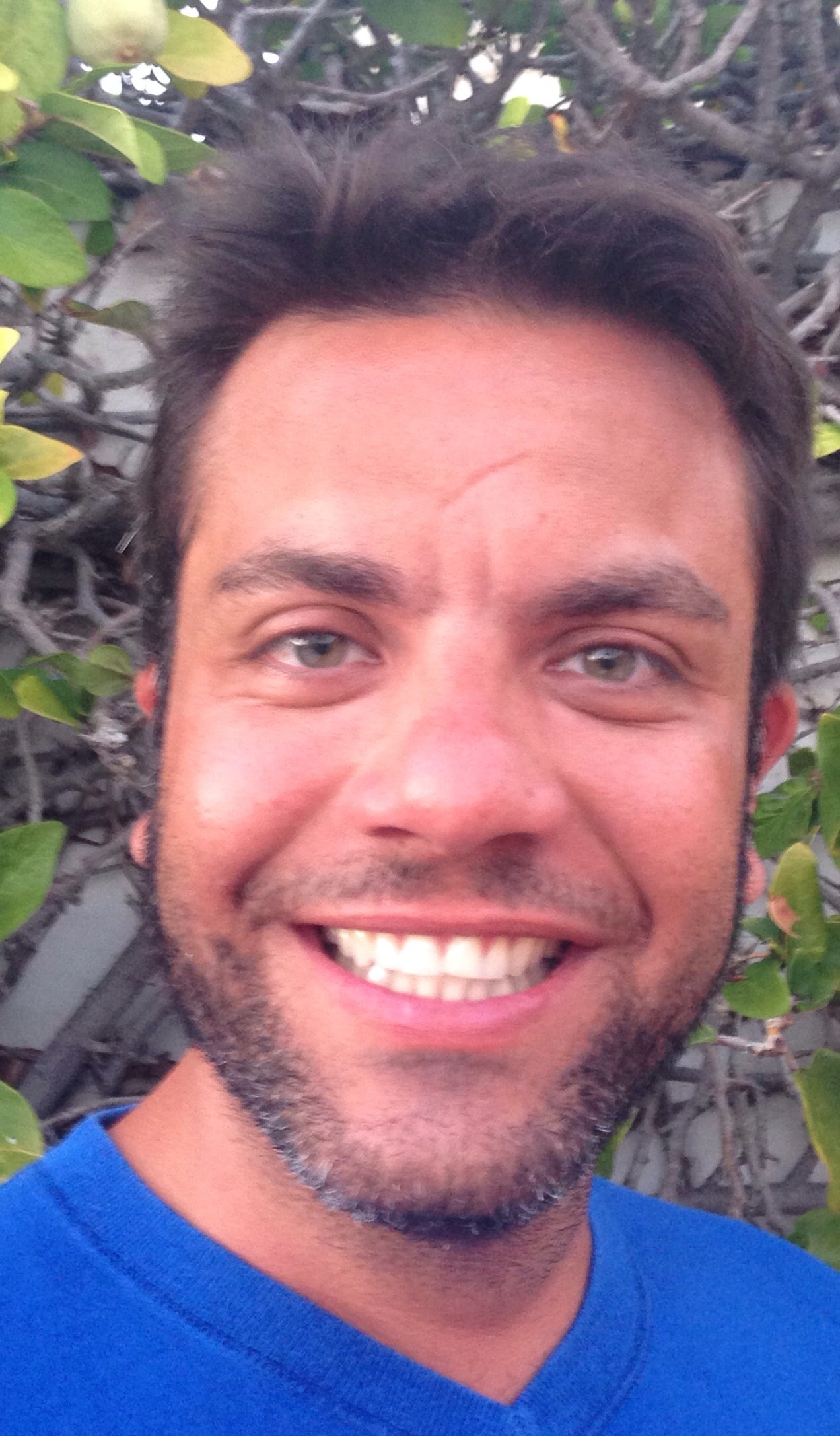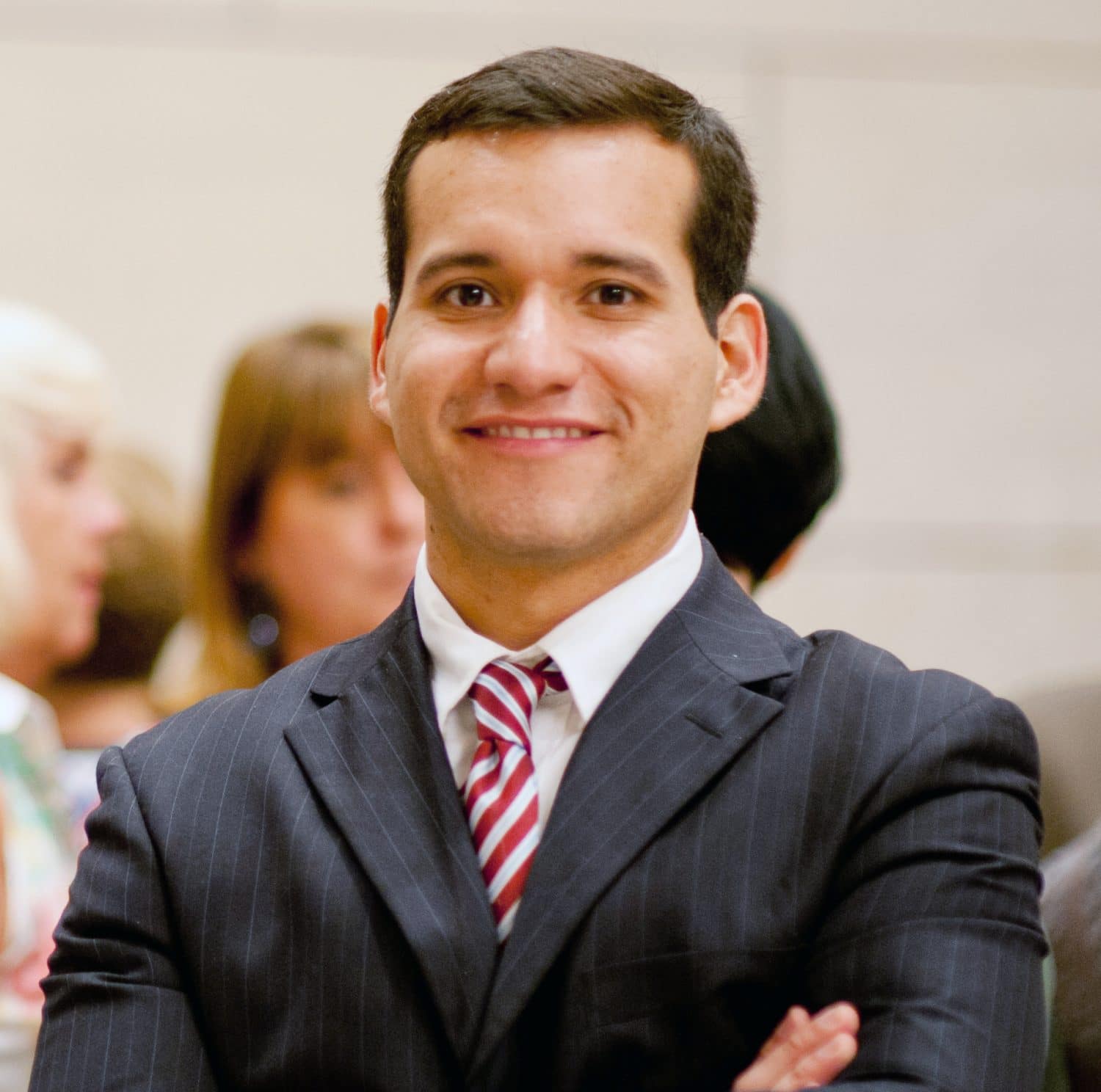Receiving feedback – powerful yet tough
We often discuss the challenges of giving feedback and how important it is to let people know how they are doing. As language teachers, we talk about feedback to students, addressing their performance inside and outside the class, covering features of language and behaviour. We believe that students can use this information to become more competent and proficient. As trainers, we discuss the effects and the importance of feedback to teachers and how it can influence one’s professional development. However, when it comes to being on the other side, I feel that not enough attention is paid to how feedback is received; or how tough it might be.
Receiving feedback can be as hard as giving it – if not harder. In theory, we all seek feedback and verbalize the desire to learn more about our work and how we are perceived by peers, supervisors and students. In more practical terms, nevertheless, very few people actually react positively to feedback and use it as fuel for development. Often times, professionals expect to find in feedback the validation of what (and who) they think they are. Any communication that might contradict the fossilized (and sometimes idealized) image that was once created is immediately ignored. People who are not willing to truly listen to this kind of assessment will simply shield themselves and block everything that is being said. They might as well get hurt, offended and understand it as personal criticism regardless of how well the feedback was managed. Some will simply react aggressively as if being attacked. These people often end up being low achievers and struggle to leave a career plateau.
Successful people, on the other hand, are likely to welcome feedback and show an understanding of the difference between who they are and what they do. They will understand that feedback aims at adjusting activities and work; it does not reflect others’ opinions of themselves. These people will focus on ways to improve performance and, despite the assertiveness of the feedback, will not let it affect their self-esteem, but will rather reflect upon ways to get better results.
Feedback is powerful and we all know it. But we can go on discussing hundreds of ways to give more effective feedback and approach people more successfully without ever looking into why some people will actually listen while other will always resist – no matter the technique applied. I think we should start focusing even more on the act of listening to the assessments that might come our way too. What do you say? Any feedback to me?






